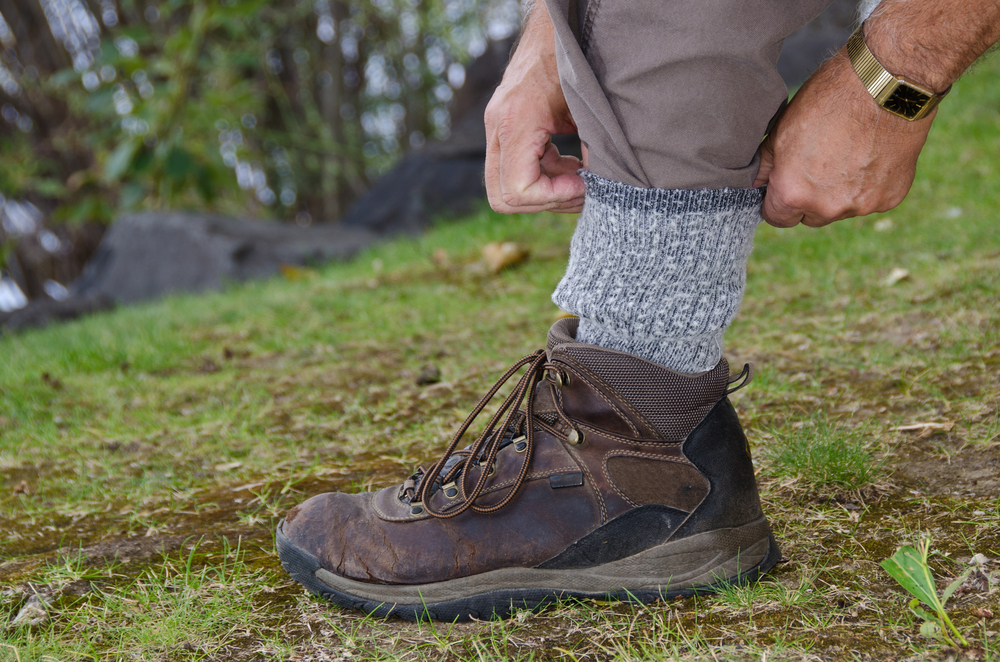Don’t Let Bug Bites Get You Down
May 10, 2022

A few potentially serious insect-spread diseases linked with warmer weather and outdoor activities can be avoided with simple personal actions, according to the Wyoming Department of Health (WDH).
“The reported case numbers from the diseases ticks and mosquitos can cause are usually not high compared to other illnesses, but we seem some activity each year and the results can be quite serious for some people,” said Courtney Tillman, epidemiologist with WDH. “Avoiding these insects and their bites is the key.”
Serious diseases sometimes spread by infected ticks in Wyoming include tularemia, Rocky Mountain spotted fever (RMSF) and Colorado tick fever (CTF).
Tularemia symptoms include fever, swollen and painful lymph glands, inflamed eyes, sore throat, mouth sores, skin ulcers and diarrhea. If the bacteria are inhaled, symptoms can include sudden onset of fever, chills, headache, muscle aches, joint pain, dry cough and progressive weakness and pneumonia. Initial RMSF symptoms may include fever, nausea, vomiting, muscle pain, lack of appetite and severe headache. Later signs and symptoms may include rash, abdominal pain, joint pain and diarrhea. CTF usually causes fever, headache, muscle and joint pain, and, occasionally, a rash.
People can be exposed to ticks when walking through, playing or sitting in brushy and grassy areas, or handling certain animals. Steps to help avoid tick-related diseases include:
• Apply insect repellents such as those containing 20 percent or more DEET and/or picaradin.
• Wear light-colored clothing to make it easier to see ticks crawling on clothing.
• Tuck pant legs into socks.
• Upon return from potentially tick-infested areas, search yourself and children for ticks and remove if found.
• Check pets for ticks; use tick control products recommended by veterinarians.
• Carefully handle live or dead potentially infected animals such as rabbits and rodents.
West Nile virus (WNV) is spread by mosquitoes when they feed on infected birds and then bite people, animals or other birds.
Most people infected with WNV don’t have symptoms. Among those who become ill, symptoms include fever, headache, body aches, skin rash and swollen lymph nodes. A very small number develop West Nile neuroinvasive disease with symptoms such as severe headache, fever, neck stiffness, stupor, disorientation, coma, tremors, convulsions and paralysis.
“We want people to remember the actions we’ve been talking about for years to help prevent mosquito bites,” Tillman said. “These steps can help protect you and your family.”
The “5 D’s” of WNV prevention include:
1) DAWN and 2) DUSK – Mosquitos prefer to feed at dawn or dusk, so avoid spending time outside during these times.
3) DRESS – Wear shoes, socks, long pants and a long-sleeved shirt outdoors. Clothing should be light-colored and made of tightly woven materials.
4) DRAIN – Mosquitos breed in shallow, stagnant water. Reduce the amount of standing water by draining and/or removing.
5) DEET – Use an insect repellent containing DEET (N, N-diethyl-m-toluamide). When using DEET, be sure to read and follow label instructions. Picaridin (KBR 3023) or oil of lemon eucalyptus can also be effective.
